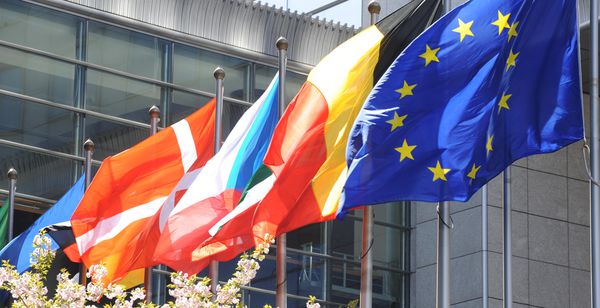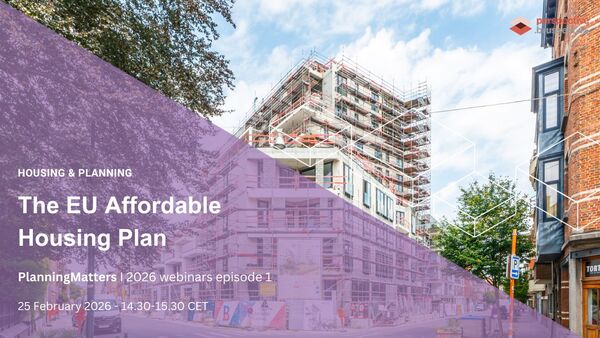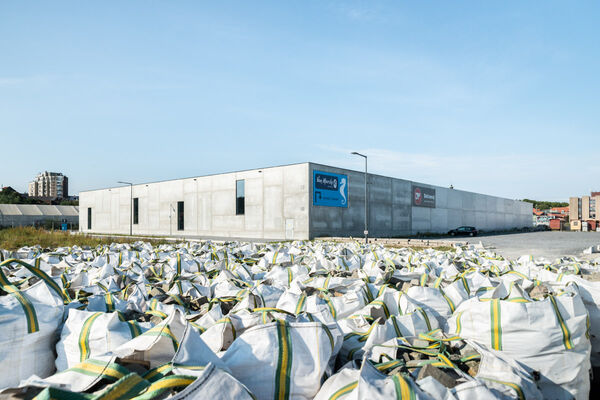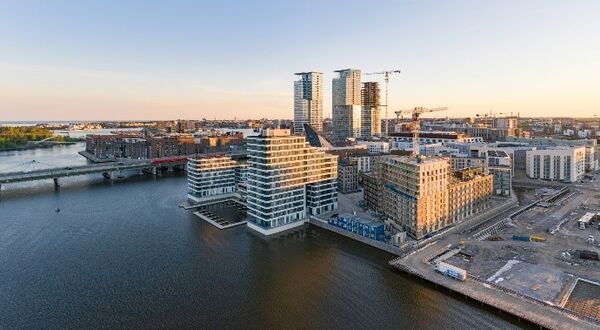- Home
- Urban projects
Urban projects
The territory of the Brussels-Capital Region is constantly developing. Learn more about our urban projects (French or Dutch)
- Urban issues
Urban issues
Housing, facilities, economy, land... perspective.brussels collects and analyses the data essential to the development strategy of the Region. Learn more about these urban issues (French or Dutch)
- Statistics and analyses
- Planning tools
- Who are we?
How to tackle the mobility challenges in EURODELTA region ?
Conclusions of the STISE project about cross-border mobility and climate-neutrality
Publication
Posted on 24 May 2022
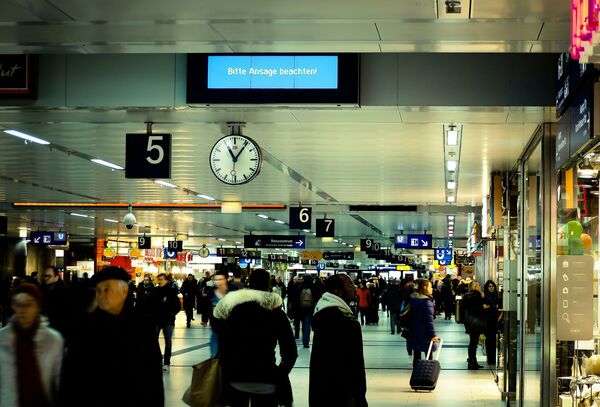
The EURODELTA urban region will not be able to reach the climate-neutrality goals in the field of transport by 2050, unless public authorities take bold policies in 4 sectors. This is the main message of an European research project in which perspective.brussels took part.
The EURODELTA is a vast cross-border urban area between North of France, Belgium, the Netherlands and North-Rhine Westfalia in Germany. One of the major challenges of this region is how to organize cross-border mobility, within the framework of climate adaption and competitiveness. The project STISE was launched in September 2020 to undertake this question.
STISE stands for “Sustainable Transport Infrastructure in the Strategic urban region Eurodelta”. perspective.brussels represented the Brussels-Capital region in this project (Lille Metropole, Flanders Region and 5 others members located in the Eurodelta were also implicated)
ESPON, the « European Observation Network for Territorial Development and Cohesion », financially supported this research project.
Mobility and carbon neutrality
The Stakeholders focused on several policy questions, among them:
- How to respond to mobility needs while fullfiling environmental requirements in the EURODELTA region?
- How the considered measures can contribute to the European sustainable development goals?
- How to build up a strong and efficient partnership that can foster success of all partners in reaching their goals?
The STISE-research identified 4 ways of improvement to shift from air to rail for short and medium distances (< 500 km to 700 km) in, to and from Eurodelta.
- the implementation of Zero Emission Zones (ZEZ) in all cities with more than 100,000 inhabitants for cars, light commercial vehicles and trucks, by 2035.
- exploring the potential of MaaS (Mobility as a Service) with a focus on passenger transport and defining the role of public authorities.
- the improvement of cross-border regional railway transport within the following 3 corridors: Lille-Brussels, Rhine-Scheldt and Rhine-Waal in order to encourage a modal shift from road to rail.
The study shows that there is strong need to develop different types of cooperation (cross-border, inter-metropolitan, inter-regional, inter-governmental) to achieving EU targets towards carbon neutrality by 2030 and 2050 in the field of transports. The study set detailed roadmaps for each of the 4 policies described previously and invite public and private actors to join urgently forces to implement the recommendations set in the report.
These recommendations were discussed on 27 April 2022 during a Belgian workshop gathering several public and private stakholders.
